
The “Dark Secret” of Thermos Bottles: Most People Use Them Without Knowing the Risks
The “Dark Secret” of Thermos Bottles: Most People Use Them Without Knowing the Risks—No Wonder Illness Enters Through the Mouth
Thermos bottles are handy and popular in daily life, especially for those who regularly carry hot water, tea, coffee, or juice. However, not everyone realizes that using low-quality thermos bottles—or using them incorrectly—can silently harm your health. From the risk of heavy metal contamination to bacteria growing in leftover residues, many hidden dangers exist if you don’t choose the right product or maintain it properly.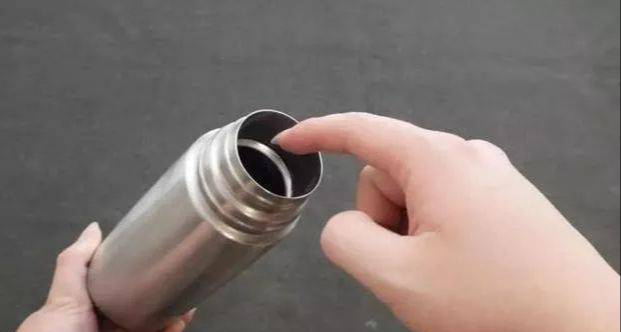
4 Potential Health Hazards of Using Cheap, Low-Quality Thermos Bottles
1. Poor insulation and bacterial contamination
Cheap thermos bottles often use low-quality rubber gaskets and substandard materials, resulting in poor sealing. When storing beverages—especially those prone to oxidation like juice or tea—the bottle may fail to preserve freshness. The warm, enclosed environment can also promote bacterial and mold growth, posing hygiene risks and threatening your health.
2. Odor retention and altered taste
Low-grade stainless steel bottles may react with acidic or alkaline drinks such as coffee, juice, or herbal decoctions. This can distort the flavor, create strange smells, or cause a metallic taste like rust—diminishing your drinking experience.
3. Limescale buildup and cleaning difficulties
Prolonged use, especially with hard water, can lead to mineral deposits or limescale forming inside the bottle. This buildup not only makes cleaning harder but also provides a breeding ground for bacteria. If not cleaned properly, bacteria may enter your body, potentially straining the liver and kidneys over time.
4. Risk of heavy metal contamination
Some bottles made with substandard materials may contain toxic heavy metals like lead, cadmium, or manganese. When exposed to hot or acidic liquids, these metals can leach into the beverage, posing serious long-term risks to the liver, kidneys, and nervous system.
Additionally, some bottles use poor-quality plastics or rubber gaskets that may contain BPA or volatile chemical compounds. At high temperatures, these chemicals may release unpleasant odors and disrupt hormones, leading to long-term health effects.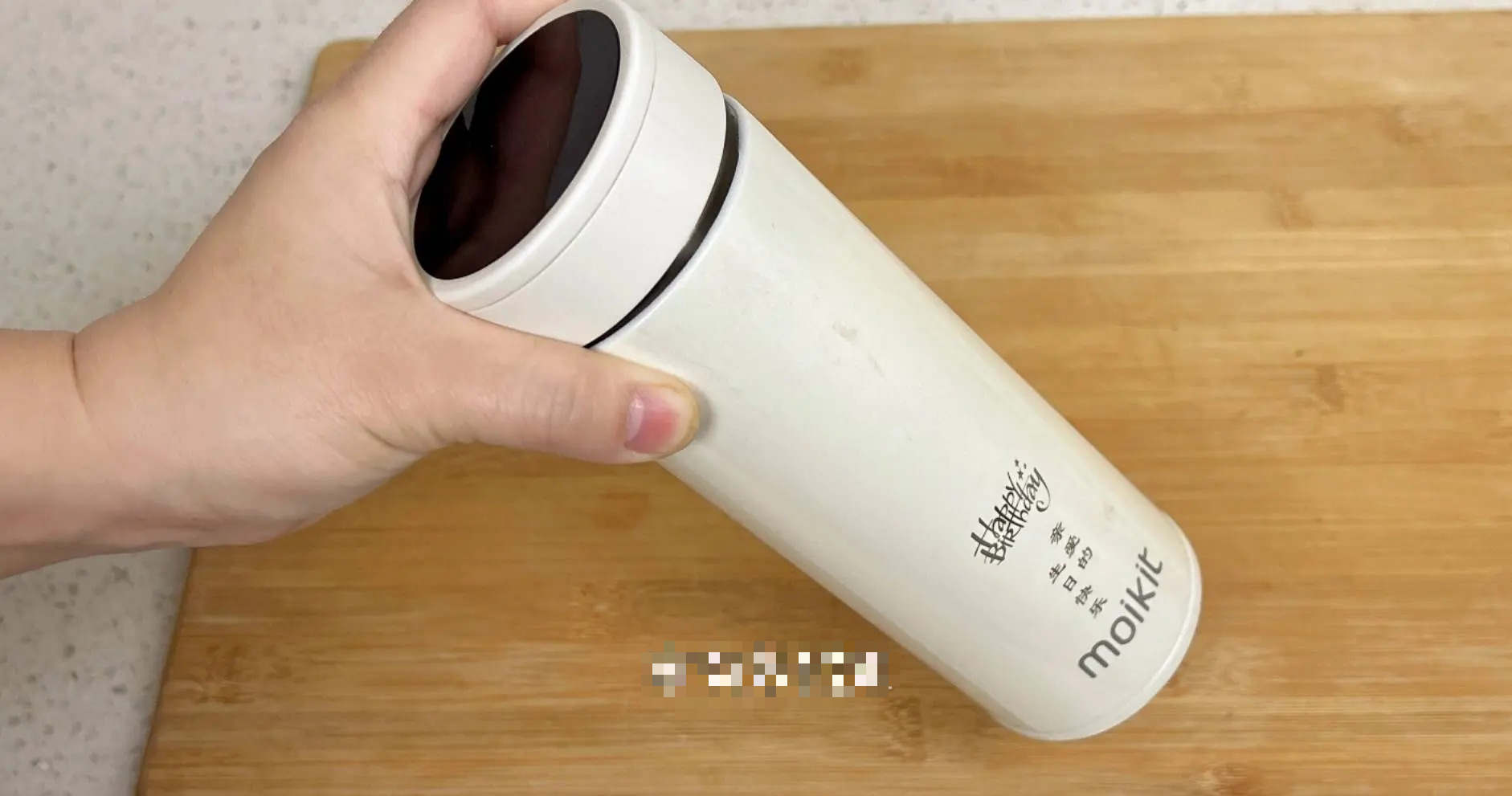
4 Types of Thermos Bottles You Should Avoid
1. Overly multifunctional bottles with flashy features
Some products come with LED lights, digital thermometers, or app connectivity—but compromise on insulation quality and material safety. These added features often break easily, increase the cost, and may reduce the overall safety and performance of the bottle.
2. Stylish design, poor build
Some bottles boast trendy designs and eye-catching colors but are made with cheap inner linings. These tend to rust, accumulate residue, and leak. Many people buy based on looks and overlook the most critical factor: safe usability.
3. Cheap, mass-market products
Many budget bottles flooding the market are made from recycled stainless steel, substandard plastic, or rubber gaskets containing BPA. These bottles often fail to insulate properly, break easily, leak, and pose a high risk of chemical leaching into beverages.
Criteria for Choosing a Safe Thermos Bottle
1. Choose reputable brands with safety certifications
Opt for brands with food-grade safety certifications, such as CE (Europe) or FDA (USA). Trusted manufacturers usually maintain strict quality control from raw materials to production processes.
2. Check insulation and sealing capability
A good thermos should use high-grade 304 stainless steel or pure titanium, feature seamless welding, and have double-walled vacuum insulation. When shaken lightly, there should be no sound of liquid sloshing; when sealed, it should not leak and should retain heat for at least 6–8 hours.
3. Prefer titanium material
Titanium is a premium material known for its durability, antibacterial properties, and excellent resistance to oxidation. It doesn’t leach heavy metals, doesn’t rust, doesn’t retain odors, and is unaffected by acidic beverages. However, titanium bottles are usually more expensive than standard stainless steel ones.
4. Avoid bottles with strong chemical smells or interior coatings
New bottles may have a mild odor from materials like metal, plastic, or rubber—that's normal and should fade after a few washes. But if the bottle smells strongly of paint, industrial chemicals, or burnt plastic when opened, it likely contains poor-quality materials that can leach harmful substances when heated.
Also, avoid bottles with colored or coated interior linings for long-term use, as these layers can peel over time and compromise the product's safety.
Conclusion
Thermos bottles are convenient but not risk-free. Choose wisely and maintain them properly to ensure they contribute to your health—not endanger it.
News in the same category


The Volume Button on Your Phone Has More Power Than You Think — Here Are 3 Useful Functions Most People Miss

Condolences to those who are using these 4 types of electric kettles
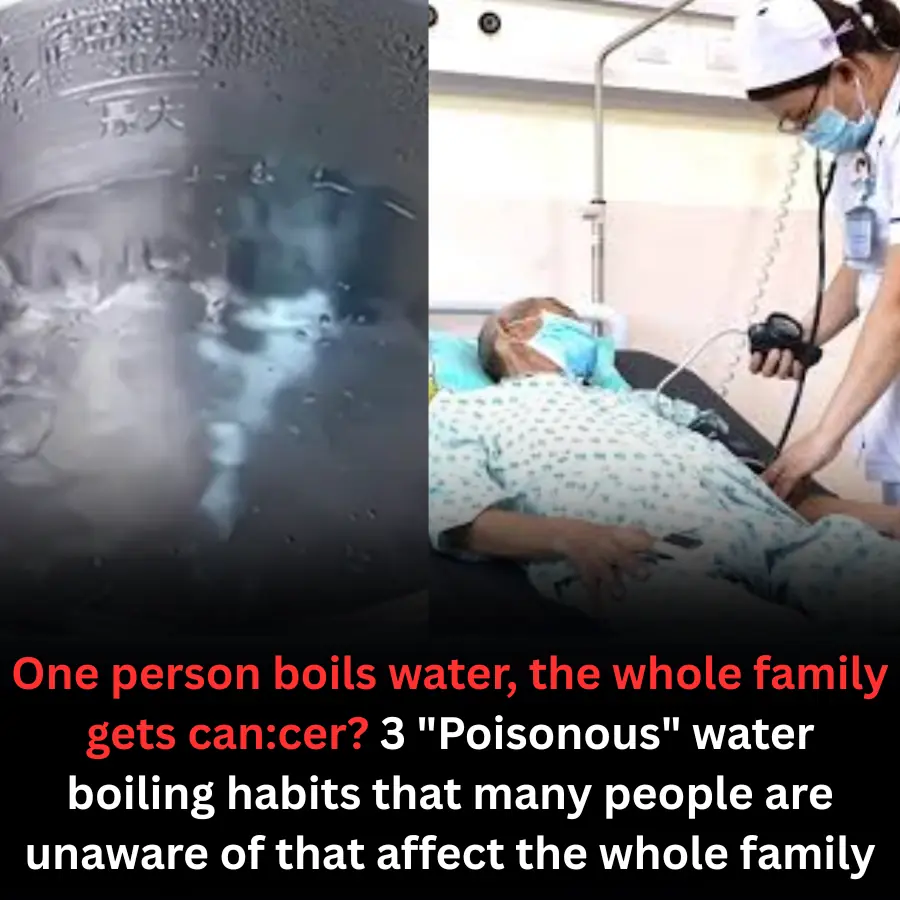
Boiling Water the Wrong Way? Experts Warn: These 3 Common Habits May Increase Cancer Risk for the Whole Family

Three Types of Fish That May Be “Can.cer Hotspots” — No Matter How Tasty, It’s Best to Avoid Them (The Second Is a Favorite in Many Households)

Doctors Warn: To Protect Your Pancreas, Avoid These 5 Breakfast Foods — No Matter How Hungry You Are

Why Japan Has One of the World’s Lowest Diabetes Rates Despite Eating So Much Rice — The Surprising Habit Everyone Can Learn From

Why are buttons on men’s and women’s shirts always on opposite sides?

The first animal you spot in this visual reveals your ‘worst flaw’

Tiny “Bags” on your walls? Here’s what they really are and how to get rid of them for good

Why we help waiters: The psychology behind a simple act of kindness

Say Goodbye to Joint and Foot Pain with a Relaxing Rosemary Bath

There's actually a rule, and now I finally understand the reason

Ever Wonder Why Japanese People Wear Socks to Bed All Year Round? Here’s the Surprising Reason

A Once-Discarded Leaf Now Becomes a Billion-Dong Industry as China Buys in Bulk

The Mystery of the Tiny Pocket on Jeans: 90% of Wearers Don’t Know Its Original Purpose

“I Almost Lost My Life”: A Shocking Warning for Every Household Using a Water Heater
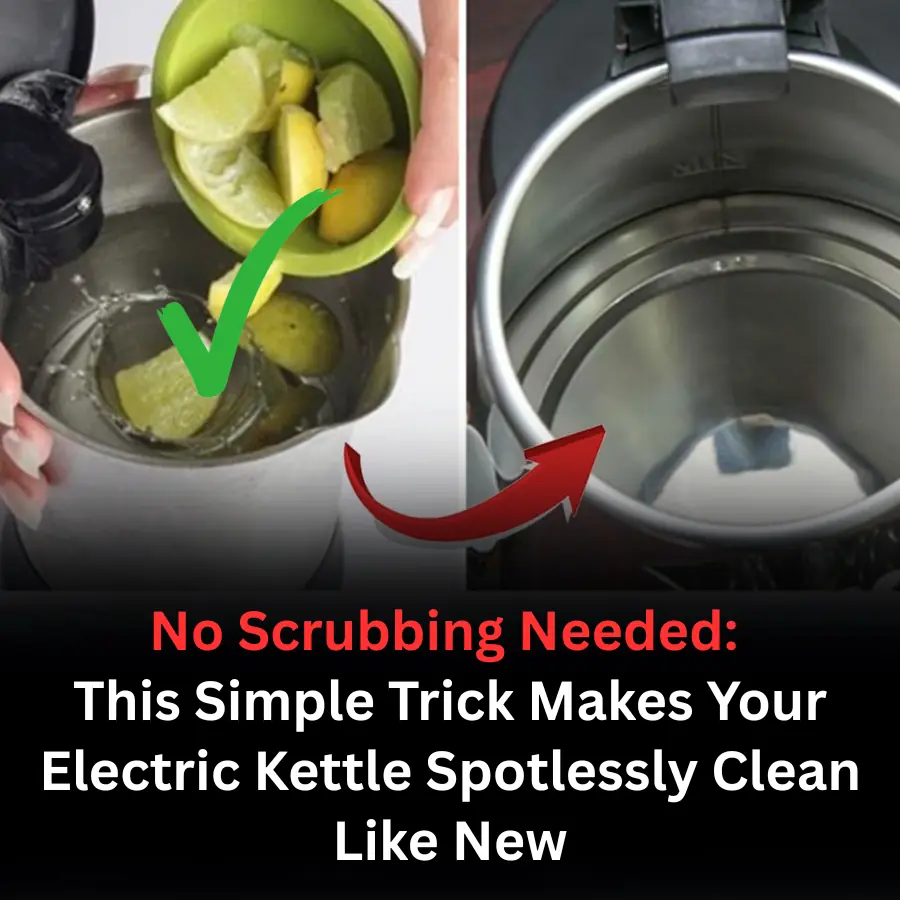
No Scrubbing Needed: This Simple Trick Makes Your Electric Kettle Spotlessly Clean Like New

Why do flight attendants usually go to a hotel instead of going home after the plane lands?
News Post

Stir-Fried Glass Noodles with Shrimp

Grilled Chicken Rice Bowl with Corn

10 symptoms of dia.betes that may show up in your feet

5 diseases that can cause stomach pain after eating - What your body may be trying to tell you?

Loaded Cheesy Bacon Fries

Cheesy Stuffed Beef Buns (Baked Meat & Cheese Rolls)

30 Powerful Benefits of Sessile Joyweed (Alternanthera sessilis): A Traditional Plant with Remarkable Potential

Doctors warn: 6 types of food that can promote can.cer growth that people are unaware of

Why shouldn't you set the air conditioner to 26°C at night?

9 out of 10 people store onions incorrectly: Here's why you shouldn't keep them in the fridge

Smart travel tip: Why you should toss a water bottle under your hotel bed?

Don't throw away your yellowed white shirts - try this soaking method to make them bright and as good as new

Are feet an "early warning sign" of cervical can:cer? Don't ignore these 4 situations
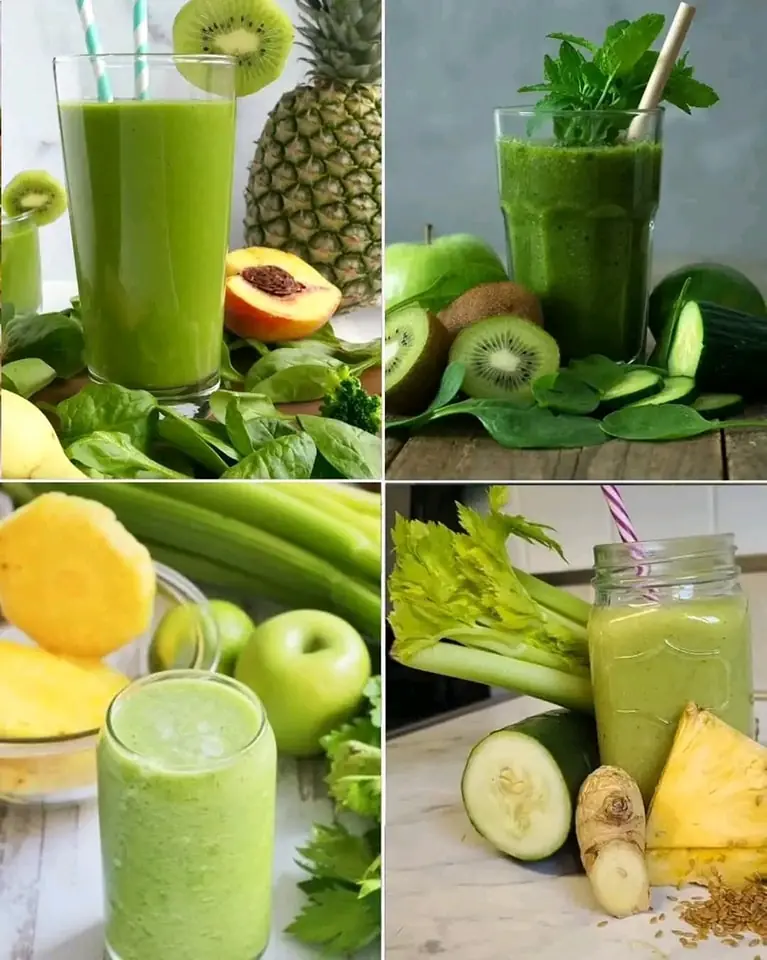
Different Green Juices to Reduce Be.lly Fat

This is why some people always keep a lemon with them - it may help in unexpected situations

Classic Baked Lasagna

Don’t Ignore These 5 Symptoms at Night That Could Be Linked to Can.cer

Canadian Researchers Discover New Evidence That Vitamin D Shuts Down Cancer Cells

Warning: 6 vegetables that naturally contain to.xins
